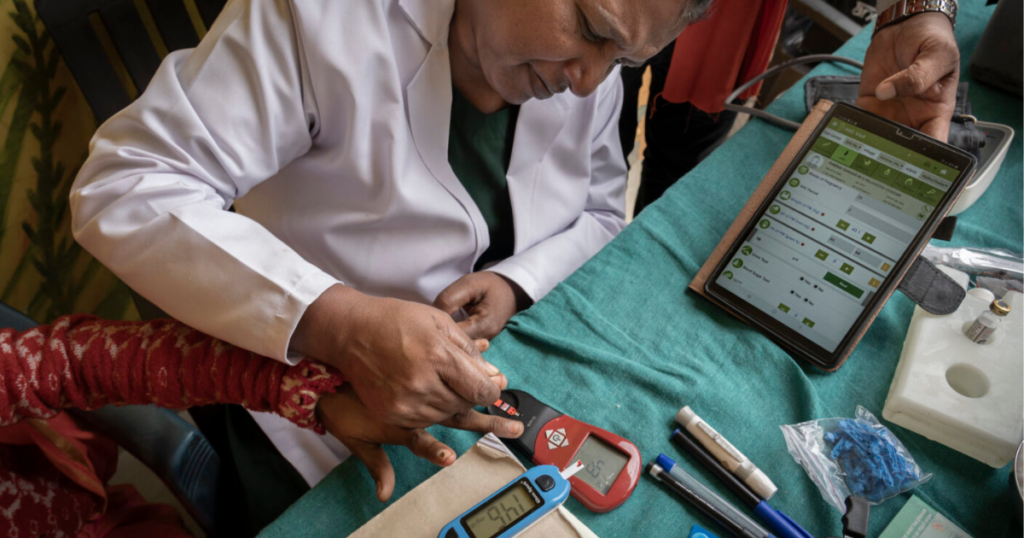The Emergence and Evolution of Farmer Producer Organisations (FPOs)
Farmer Producer Organisations as a concept emerged two decades ago with the goal of reducing transaction costs, streamlining resource availability and improving farmers’ bargaining power. With the Government of India’s flagship scheme, Formation and Promotion of 10,000 Farmer Producer Organizations (FPOs), FPO promotion and capacity building has gained further traction.
Key Stakeholders in the FPO Ecosystem
Besides FPOs, the ecosystem consists of central government bodies such as Small Farmers Agribusiness Consortium (SFAC), National Bank For Agriculture And Rural Development (NABARD) and Indian Council of Agricultural Research (ICAR) which build policies and facilitate promotion of FPOs across geographies. Several external stakeholders such as implementing agencies, academic institutions, philanthropic organisations and financial institutions implement and measure the outcomes to build and scale FPOs, and strengthen the FPO ecosystem.
The Need for Capacity Building and Existing Gaps and Constraints
While FPOs have the potential to address critical constraints of smallholder farmers, in their current form, their capacities are insufficient. They require intensive capacity building support to become impactful organisations that can sustain and scale up. Current capacity building programmes focus on early-stage FPOs, but FPOs need specific support and strengthening across their lifecycle. This will only be possible by designing and delivering engaging and relevant content. Key gaps and constraints in FPO capacity building are limited control over content and delivery, lack of feedback, limited peer-to-peer interactions, lack of customisation, high costs, and difficulties in scaling and scheduling. Without standardised monitoring and evaluation, capacity building programmes encounter poor outcome orientation, low accountability, and a mismatch between needs and solutions. .
Recommendations for Effective Capacity Building to Enable FPOs to Scale
Strengthening key aspects across content, delivery, and monitoring and evaluation within the key contexts of maturity, demographics, geography and value chain will be key to addressing the capacity building challenges that FPOs face. The modules should be aligned as per FPO maturity and delivered in line with FPO business cycles or crop cycles. Delivery models can be tweaked or customised to ensure effective knowledge dissemination and follow-up of action items by FPOs. Effective monitoring and evaluation systems will enable timely feedback, course correction, improved accountability, and better performance. Ecosystem-wide adoption of a business lifecycle-based capacity building model would require support, funding and adoption from policymakers, philanthropic and academic institutions, and NGOs.
Authors: Pranjali Siwal and Pratheek Abraham
Technical review: Debaranjan Pujahari




